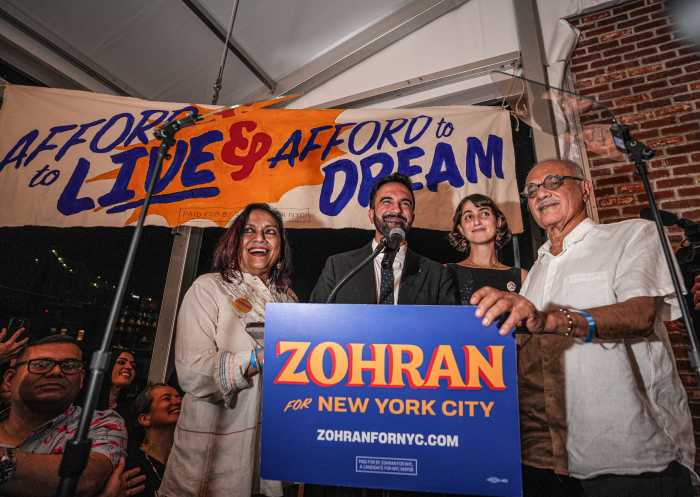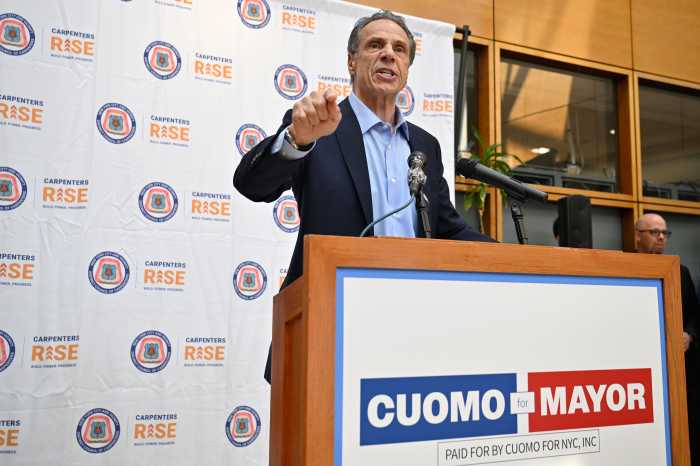The recent squabbling between Mayor Bill de Blasio and Gov. Andrew Cuomo over the city’s complicated tax abatement program known as 421a masked a simple, yet disturbing reality: Significant reform is needed but it is unclear whether Albany will do it this year.
And that, unfortunately, would undercut the city’s efforts to expand its affordable housing.
Despite Cuomo’s claims to the contrary, there’s plenty of time in this session to make meaningful changes to the law that would entice developers to build affordable housing across NYC.
The 421a program was created in the 1970s to spur development at a time when the city needed it desperately. It initially offered tax incentives for all new NYC residential construction, but evolved to focus on affordable housing.
Unfortunately, it’s never been successful on that front, especially because affordable housing isn’t required in all projects receiving the tax abatement. The Association for Neighborhood Housing and Development estimated that of the 153,000 residential units that received the tax breaks in 2013, just 8.6 percent were “affordable” — $1,260 a month for a two-bedroom apartment.
Advocates are pressing for reforms now because the tax break expires on June 15. But it looks like lawmakers may extend the existing law a year without changing a thing.
The expiration comes at a time when federal corruption investigations into former Assembly Speaker Sheldon Silver and former Senate Majority Leader Dean Skelos center around 421a real estate deals and a cooperating witness who handed out a lot of campaign contributions. That makes the program too hot for most to touch.
Yet, there’s hope. The mayor and the governor could compromise on one important piece. De Blasio proposes requiring up to 30 percent of every 421a project be dedicated to affordable housing and not letting developers have the breaks for condos. The mayor, however, opposes including a prevailing wage provision for the building trades unions, a measure Cuomo supports. The final outcome must make sure any wage protections don’t reduce the share of affordable housing that can be built.
Otherwise, it’s the city’s working class residents who lose in this fight.





































